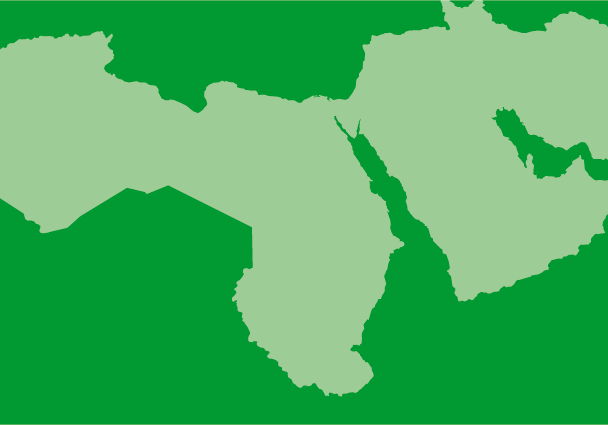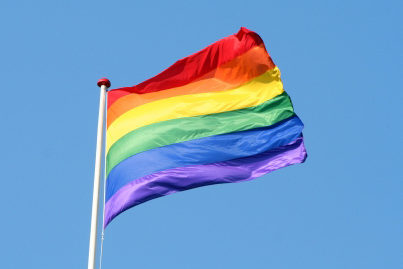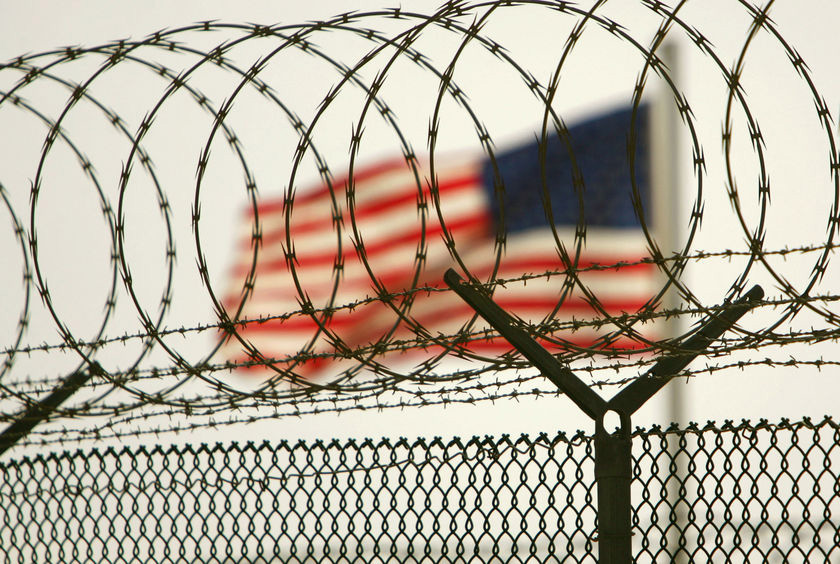
Jun 6, 2014 | News
30 Human rights groups, including the ICJ have signed a statement calling upon the League of Arab State’s (LAS) member States to substantially revise the draft statute of the Arab Court of Human Rights (the Arab Court).
The LAS should also ensure the full accordance of the Arab Court with international human rights law and standards, including obligations assumed by LAS member States, the statement says.
In addition, the human rights groups strongly condemn the fact that both the LAS and the expert committee went about their drafting exercise without consulting with any civil society groups, despite their vast expertise in relevant issues, or any other stakeholders, despite several requests from civil society organizations to engage in the process.
The full text can be downloaded below in English and Arabic:
MENA-Arab Court Statement-news-web story-2014
MENA-Arab Court Statement-news-web story-2014-ara

Jun 5, 2014 | News
The ICJ today expressed its concern at the judgment of the Novocherkassk City Court of Rostov Region of 14 May 2014, ordering the NGO “Women of Don”, to register as a foreign agent.

Jun 3, 2014 | Advocacy, Analysis briefs
The ICJ’s commentary analyses in detail the 7 November 2013 judgment of the Court of Justice of the EU (CJEU) in joined cases arising from three asylum claims asserting a well-founded fear of persecution based on same-sex sexual orientation.
Positively, in X, Y and Z v. Minister voor Immigratie en Asiel, the Court found that asylum applicants who have a same-sex sexual orientation and come from countries where consensual homosexual conduct is criminalized, form a particular social group for the purposes of EU refugee law.
Further, the Court’s recognition that sexual orientation is a characteristic so fundamental to one’s identity that one cannot be expected to renounce or conceal it, or to exercise greater restraint in its expression than heterosexuals, is welcome.
Likewise, the Court’s finding that the enforcement of a term of imprisonment that sanctions consensual homosexual acts must be regarded as a disproportionate or discriminatory punishment, and is thus persecutory, is a step forward, particularly given that in some EU countries this was hitherto not the case.
However, in some important respects this judgment represents a missed opportunity. The Court failed to clarify the inconsistency between secondary EU refugee law and the UNHCR’s authoritative interpretation of “a particular social group” in the Refugee Convention’s definition of a refugee.
Further, in choosing to maintain the narrow scope of the questions referred to it, the Court ended up with an unwarrantedly restrictive reading of EU refugee law, which ignores the numerous persecutory effects of criminalizing consensual same-sex sexual orientation or gender identity.
The Court missed a chance to state that these laws, even when they are not enforced in the sense that there exists a recent record of enforcement through the actual imposition of terms of imprisonment, have a persecutory effect, as they criminalize an essential characteristic of one’s identity.
Background
The ICJ decided to publish this commentary for a number of reasons.
First, the CJEU plays an important role in shaping international refugee law jurisprudence.
Further, asylum applications based on a well-founded fear of persecution for reason of real or imputed sexual orientation and/or gender identity or expression are unfortunately likely to increase, both within the EU and beyond.
Moreover, the CJEU’s judgment in this case is likely to have a bearing on the determination of asylum claims premised on membership of other particular social groups.
Lastly, the implementation by the EU and its Member States of the recently “recast” Common European Asylum System will likely give rise to several new referrals to the Court, whose interpretation of the recast instruments will also depend on its asylum case law precedents, including the CJEU’s judgment in this case.
CommentaryXYZ-Advocacy-2014

Jun 2, 2014 | Events
The ICJ, with the International Federation for Human Rights (FIDH), will be convening a high-level lunch meeting on ‘Business and Human Rights: Enhancing Standards and Ensuring Redress’ on 4 June 2014.
The meeting will discuss the needs and options for enhancing international law and standards pertaining to the transnational operation of business enterprises, with a particular emphasis on ensuring redress for victims of human rights abuses.
The meeting will be moderated by Geneviève Paul, Head of Globalisation and Human Rights for FIDH. Speakers will be Bertrand Swiderski, Sustainability Director for the Carrefour Group; Regine Barth, Head of Environmental Law & Governance Division at the Oko-Institut; Debbie Stothard, FIDH Secretary-General and Coordinator of the Alternative ASEAN Network on Burma; and Carlos Lopez, Senior Legal Adviser at the International Commission of Jurists.
FIDH-ICJ-BHRStandardsAndRedress-Event-2014 (download flyer in PDF)

May 30, 2014 | E-bulletin on counter-terrorism & human rights, News
Read the 83rd issue of ICJ’s monthly newsletter on proposed and actual changes in counter-terrorism laws, policies and practices and their impact on human rights at the national, regional and international levels. The E-Bulletin on Counter-Terrorism and Human...









